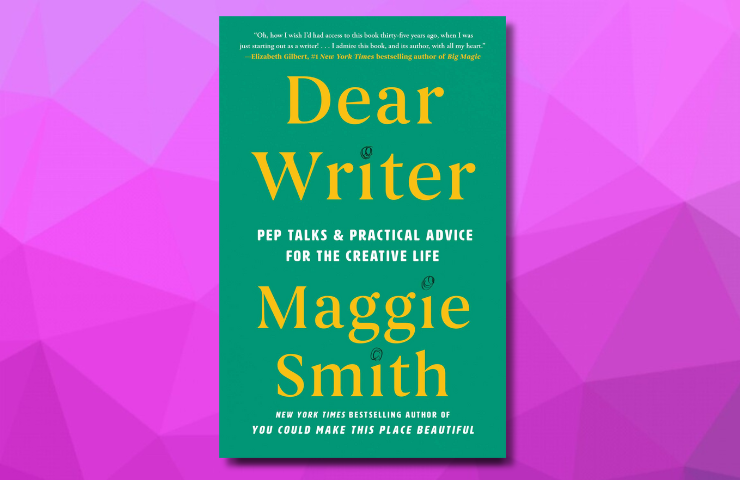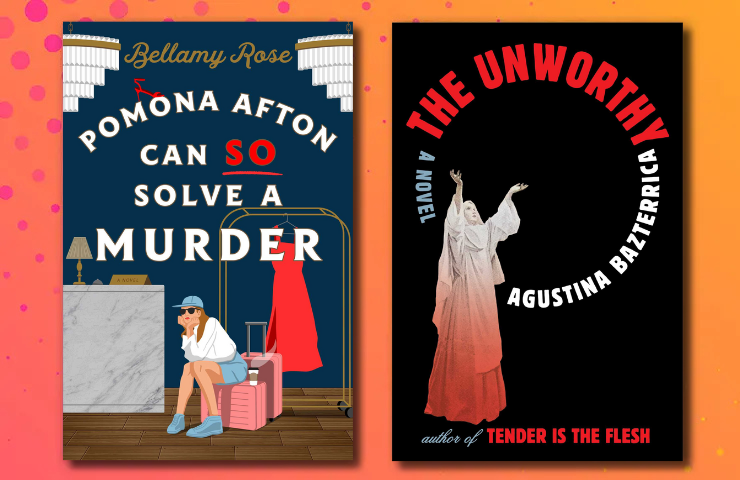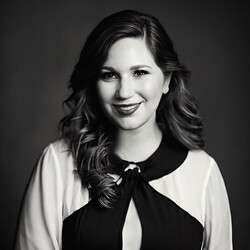Plus, receive recommendations and exclusive offers on all of your favorite books and authors from Simon & Schuster.
Shop Bestsellers
Get a FREE ebook by joining our mailing list today!
By clicking 'Sign me up' I agree to the Terms of Use and acknowledge the Privacy Policy and Notice of Financial Incentive. Free ebook offer available to NEW US subscribers only. Offer redeemable at Simon & Schuster's ebook fulfillment partner. Must redeem within 90 days. See full terms and conditions and this month's choices.
Trending Titles
On Our Radar
A Special Collector's Edition
Wildfire by Hannah Grace
Featuring a stunning sprayed edges, newly designed endpapers, and foil stamped cover boards, this hardcover collector's edition is a perfect gift for fans old and new.
LEARN MOREHappening Now
Introducing The Write Reasons!
A Podcast by Simon & Schuster
Each month, authors and editors engage in dynamic conversations surrounding our most impactful books and the work they do to bring them to readers’ shelves. Our first episode features bestselling author Stephen Graham Jones! Exclusively on YouTube.
START LISTENING











































































